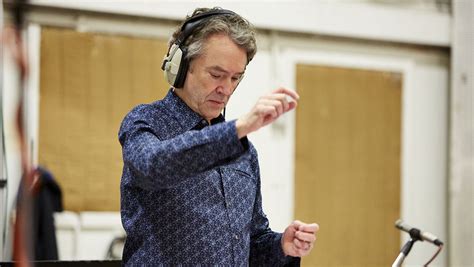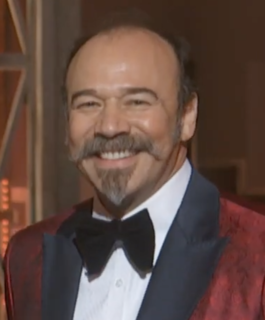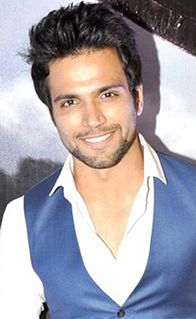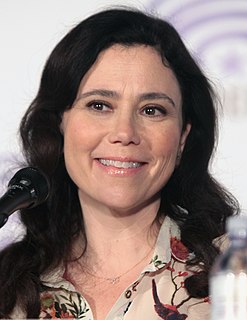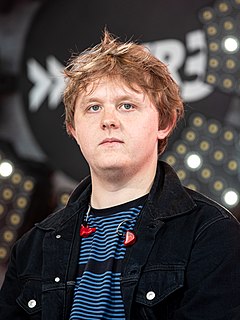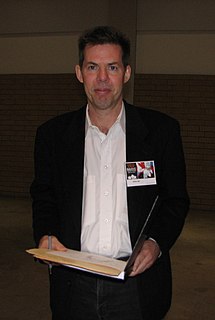A Quote by Carter Burwell
I almost never try to make the audience comfortable. I wouldn't want that if I were in the audience.
Related Quotes
As an actor, you should always keep your trump card hidden from your audience. I want the audience to keep expecting more and more from me. I want to do 'different' work - good and memorable roles - so that audience appreciate me more. That's why I love to surprise my audience with something they never expect me to do.
I make comedies and I always try... I don't try but I allow to have at least 5% of the jokes or have some jokes that I know will be understood by only about 5% of the audience. It's that guy in the corner who gets it and laughs. But he has to have his jokes too. That's part of my audience. Part of my audience is the people who will only get certain things.
The next time I write a play - in order to get audience trust for a particular sort of tragic line, I'll try to bring the audience a good distance before that. Part of that is allowing comic moments to occur. I had been afraid of that - that once the audience started laughing in the play, they would never stop.
